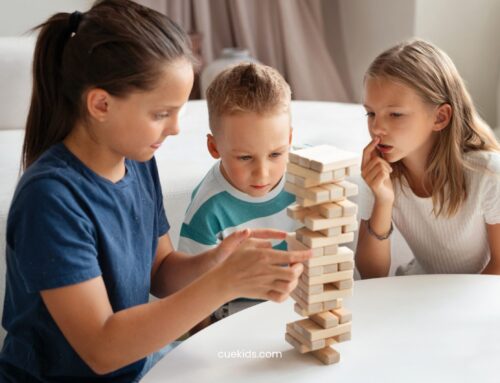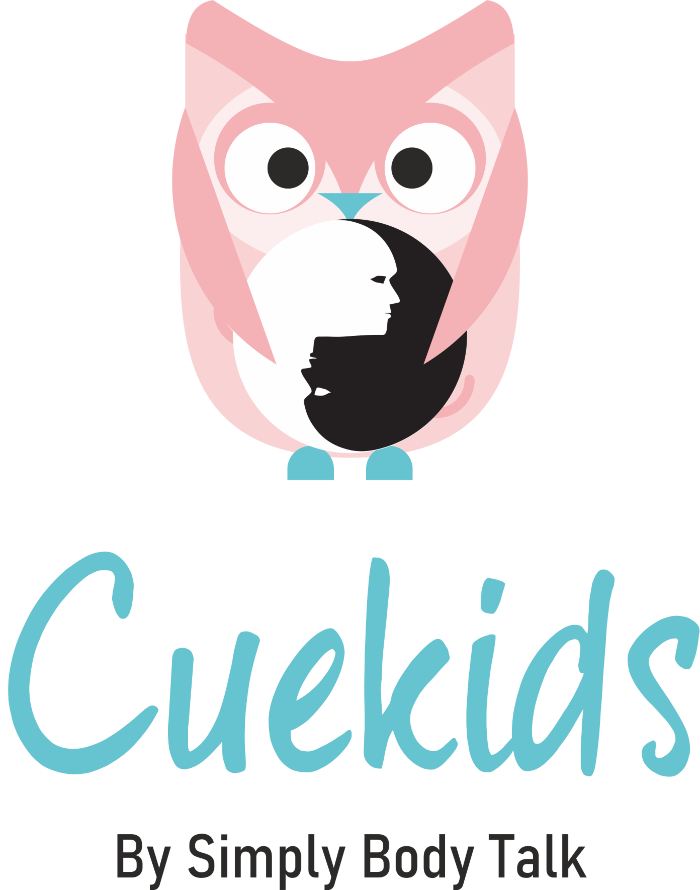Living through a pandemic is reshaping our children’s friendships in unexpected ways. Kids are being forced to stay apart from their friends and peer groups because of social distancing requirements and precautionary measures. This is causing them to feel alone, isolated, and bored. In fact, life in lockdown has been all the more challenging for kids than it has been for us adults, as their normal lives have been completely disrupted.
Not only are they dealing with the uncertainty of the upcoming school year, but they may also be feeling lonely, anxious and may even be struggling with different kinds of fears. Adding to this, the pandemic has also affected children’s friendships. That’s a lot of weight for them to be carrying on their fragile little shoulders.
Friendships help forge social skills like negotiation, cooperation, and conflict resolution. They teach kids how to be supportive and show empathy. They also stimulate independent thinking and open kids up to new ideas.
Develop Social Skills with Be Future Ready Course for Kids
Why does it matter?
Friendship is an essential part of your child’s social and emotional development. There is no one better than another child to engage in free, imaginative play with. No one understands what it’s like to be a child as much as another child. And there is no one better to play games with, chat about common interests, and share feelings with than a good friend.
Friendships and peer group bonding is very important developmental milestone that your child needs to cross in order to develop important social skills. This is why you as parents need to understand how your child’s deprivation of friendship can lead to different mental health and behavioral problems. Let us understand more about how the pandemic has affected your child’s friendships.
How does not interacting with people in real life affect your child’s social and people’s skills?
While the pandemic has surely made us all realize the importance of human touch and interaction, children have felt its absence even more. All their possible sources of human interaction like their school, hobby classes, play areas have been closed making them feel lonely and disconnected.
Another aspect that affects children’s mental health is that during this pandemic, children and their families have been exposed to direct or indirect factors that could pose stress and emotional disturbance. Several weeks of homestay has forced parents to work from home. Moreover, families have lost their loved ones, their financial independence and security, and their ability to function healthily.
This disease has instilled fear in children because children are worried about not only getting infected but also having their parents staying at home and not leaving for work. Lack of human touch has also resulted in a lack of understanding of non-verbal cues and gestures in children. Non-verbal communication and body language unknowingly become a huge part of a child’s daily life. These non-verbal gestures like holding hands, smiling, patting on the backs, etc help in comforting children. They also help children learn skills like empathy and healthy communication.
What can you do as a parent?
After the offset of the pandemic and now finally going back to school, your child needs constant support and encouragement to stay out of fear of regular human interaction. Now that the pandemic is over, here are a few things you can help your child with to restore the normal non-virtual life and sustain the natural environment around.
Encourage Social Interaction:
Encourage your child to participate in social activities and events where they can connect with their peers. This could include playdates, group outings, or joining clubs or sports teams. Providing opportunities for social interaction helps children reconnect and form new friendships.
Foster Open Communication:
Encourage your child to express their feelings and thoughts about their friendships. Listen attentively and validate their experiences. Help them identify any challenges they may be facing and offer guidance on how to communicate effectively with their friends.
Teach Conflict Resolution Skills:
Help your child develop problem-solving and conflict resolution skills. Teach them to listen actively, consider different perspectives, and find mutually agreeable solutions. Encourage them to express their needs and emotions assertively while respecting the feelings of their friends.
Promote Empathy and Kindness:
Teach your child the importance of empathy and kindness in friendships. Encourage them to consider their friends’ feelings, offer support when needed, and be inclusive and accepting of others. Model these behaviors yourself to reinforce the values of empathy and kindness.
Provide Social Skills Coaching:
If your child struggles with specific social skills, consider providing them with guidance and coaching. Role-play social scenarios, practice active listening, and offer constructive feedback to help them improve their communication and social interactions.
Monitor Digital Interactions:
While online communication has become more prevalent, it’s important to monitor your child’s digital interactions. Teach them about online etiquette, responsible social media use, and the potential risks of cyberbullying. Encourage face-to-face interactions as much as possible for deeper connections.
Promote Inclusivity:
Teach your child the importance of inclusivity and embracing diversity in friendships. Encourage them to reach out to new classmates, include others in activities, and be aware of any exclusionary behavior. Foster a culture of inclusivity in your home and model inclusive behaviors.
Support Social Skills Development:
Consider enrolling your child in social skills development programs or workshops. These programs provide structured opportunities to learn appropriate body language or non-verbal cues and practice social skills in a supportive environment.
Be a Supportive Parent:
Offer emotional support and guidance to your child as they navigate their friendships. Help them understand that friendships can change and evolve over time, and that it’s normal to experience ups and downs. Encourage them to be resilient and patient as they rebuild and nurture their friendships.
Conclusion
Remember, every child is unique, and the process of rebuilding friendships may vary for each individual. Provide a supportive and nurturing environment, and be patient as your child adjusts to post-pandemic social interactions.






Leave A Comment